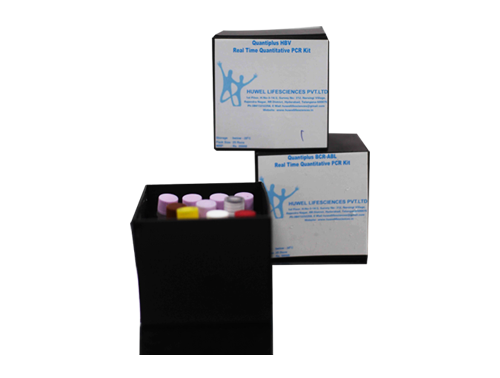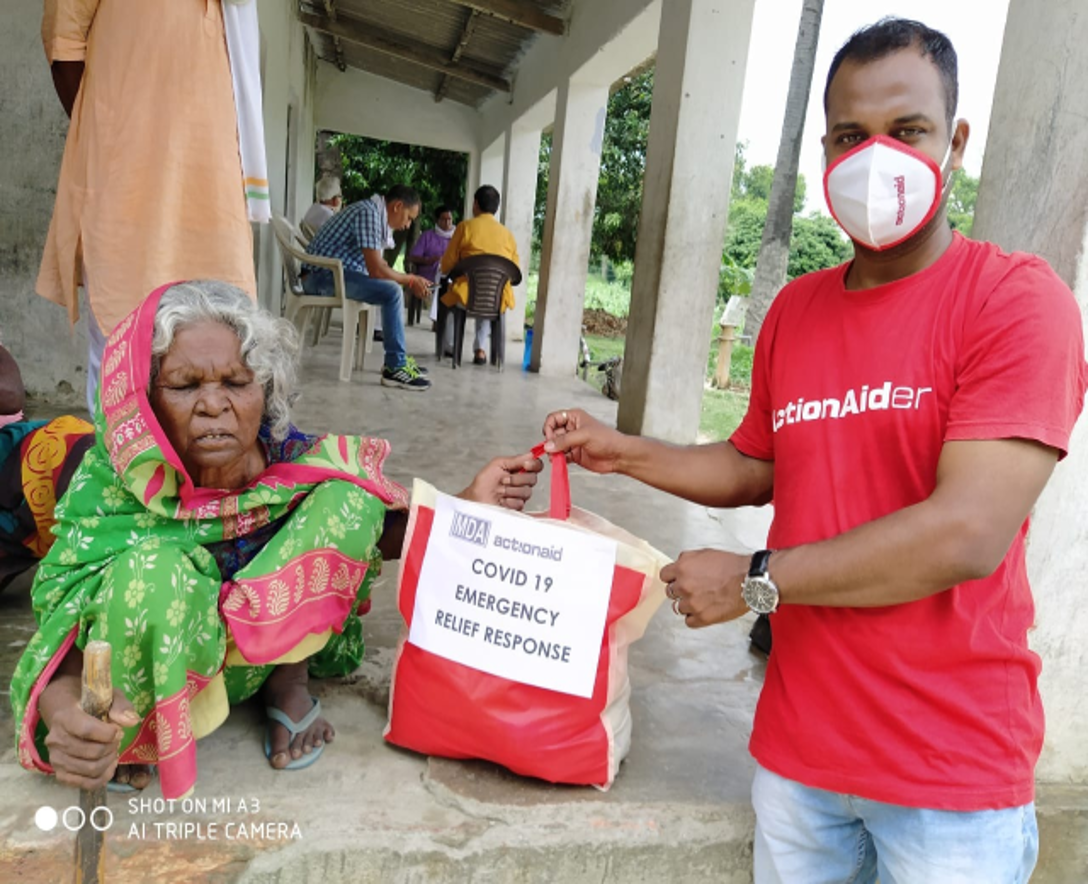ARISE India members are helping India and the world overcome COVID-19

India has been one of the most impacted countries by the COVID-19 pandemic, both in terms of the number of cases, which now top 4 million, and the socio-economic losses resulting from the crisis.
In the midst of these challenges, India’s private sector has emerged as a vital resource to building local resilience, with benefits extending to across the globe as well.
Key to this has been the private sector’s ability to innovate and adapt quickly to the changing circumstances. The sector has ramped up its corporate social responsibilities to help those most impacted by the disaster.
The companies and organizations that makeup ARISE India, which is the Indian chapter of UNDRR’s partnership alliance of private sector entities committed to disaster risk reduction, have exemplified this through their accomplishments and efforts during this crisis.
Speaking on the impact of the pandemic and ARISE India’s role, its CEO, retired Brigadier Dr. BK Khanna, said:
“The coronavirus crisis caught nations unaware and threw an uncomfortable light on the lack of preparedness of the healthcare systems in developed and developing countries alike - India was no exception. It also dealt a blow not just to companies but the entire industrial sector. India is down economically but not under. ARISE India and its members are helping the government to surmount the crisis. We are taking this pandemic as an opportunity to make the private sector realize the significance of reducing risks and make India self-reliant.”
In the area of containing the pandemic and preventing new infections, ARISE India’s Bharat Biotech is one of two Indian companies with COVID-19 vaccines in second phase trials. The company is working with a number of international partners on the vaccine’s development, and once approved for public use, will be produced to meet domestic needs and exported to help other countries.

India’s mass production capabilities have made it a critical component of the global response efforts to COVID-19. This includes the development of testing kits to detect the coronavirus as India has a manufacturing capacity of 1 billion RT-PCR kits.
Among those manufacturers is ARISE member Huwel Lifesciences, which is a biotech start-up founded in 2018 with a focus on applying RNA and DNA research for the detection and diagnosis of various infectious diseases, genetic diseases and cancer.
The company was among the first approved in India to produce a real-time qualitative PCR kit for quick diagnostics that reduce the testing time to less than two hours. The company is now expected to seek an export license to help fill international needs for quick and affordable testing kits.
Beyond innovating medical solutions, ARISE India has also been working with partners to directly help those who have been hit hardest but the pandemic's economic consequences.
According to a survey conducted by ActionAid India, more than 75% of informal workers lost livelihoods since COVID-19 lockdowns started.
In addition to providing assistance and food to hundreds of thousands of people, ARISE India members and partners have been supporting a number of initiatives to help alleviate poverty and foster sustainable development.

One initiative is the Parli Project, which aims to trigger a “rural economic revolution” by helping rural farmers adopt new farming methods and crops to help combat drought and build economic resilience. In 2020, the project scaled up its work to plant 3 million fruit trees in four of the poorest districts in the Marathwada division of the Indian state of Maharashtra, which consists of 3,856 villages. This is in addition to planting around 500,000 trees in the Raisen District of Madhya Pradesh state.
Another project is the Alternative Livelihood Initiative by ARISE member, Integrated Institute of Rural Development. One of their activities has been to create employment opportunities for poor women through the production of protective face masks in the state of Uttar Pradesh.
In addition to helping people who have lost jobs, ARISE India members have been helping businesses keep the ones they have through supporting business continuity planning and resilience building.
A key prerequisite to proper planning is understanding the business’s vulnerability and exposure. To aid that process, ARISE India member Resilience Innovation Knowledge Academy (RIKA), developed an easy-to-use online Quick Risk Estimation tool, with support from UNDRR’s Regional Office for Asia-Pacific to help small businesses across the region. ARISE India also supported the development of a COVID-19 Small Business Continuity and Recovery Planning Toolkit, which is also available in Hindi and supported by an online training course, done in collaboration with the Asian Disaster Preparedness Center.
In a good example of stakeholder-to-stakeholder collaboration, RIKA was also part of a collaboration with members of the UNDRR Asia-Pacific Science, Technology and Academia Advisory Group (APSTAAG) who developed an innovative new concept to foster green business recoveries. The concept for ecosystem-centric business continuity planning was published in Progress in Disaster Science, a peer-reviewed journal.
Lastly, ARISE India and its partners mounted since the start of the pandemic a number of communication and awareness-raising campaigns to help individuals and organizations cope with the disaster’s impact. These included advisories for businesses, webinars, social media campaigns and even psychological and spiritual advice.
Altogether, ARISE India and its members have contributed significantly to helping national, local and community level institutions and groups weather one of the largest disasters to impact India and the world.
This story is part of a series that will be published by UNDRR Asia-Pacific highlighting the experiences of stakeholder groups during the COVID-19 pandemic.